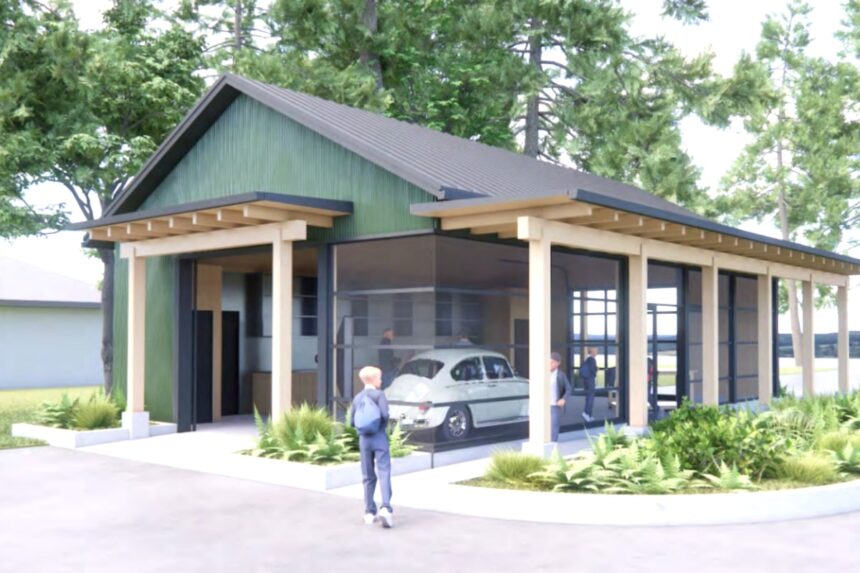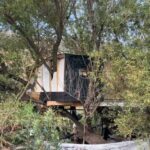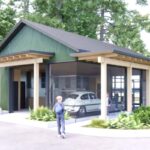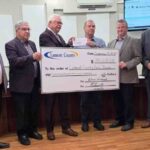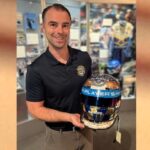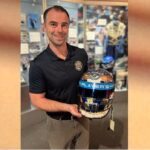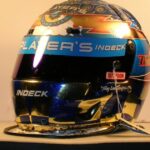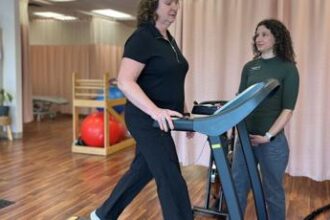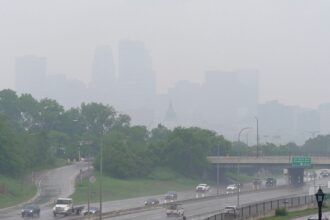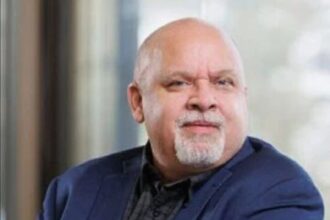In the heart of Vancouver Island, a remarkable educational initiative is transforming the lives of students while simultaneously giving back to the community. Queen Margaret’s School’s Classics for Kids program has created a unique intersection where automotive restoration meets philanthropy, offering students hands-on technical skills while instilling core values of community service.
The innovative program, launched in 2018, provides students with the opportunity to restore classic automobiles under expert guidance. What distinguishes this initiative from typical vocational training is its charitable component—once restored, these vintage vehicles are auctioned off with proceeds supporting local children’s charities.
“We’re teaching technical skills, but more importantly, we’re showing young people how their talents can directly benefit others,” explains Michael Doherty, head coordinator of the QMS Classics for Kids program. “Students leave with mechanical knowledge and a deeper understanding of how their work can create meaningful change.”
The program’s current project involves the restoration of a 1966 Mustang, a classic American muscle car that has captivated the imagination of automotive enthusiasts for generations. Students participate in every aspect of the restoration process—from engine rebuilding to body work, upholstery repair, and electrical system troubleshooting.
Industry partnerships have been instrumental to the program’s success. Local automotive specialists provide expertise, while regional businesses donate parts and materials, creating a collaborative community effort. This network extends the learning environment beyond school walls, exposing students to professional standards and practices.
Grade 11 student Ella Thompson describes her experience: “Before joining Classics for Kids, I’d never even changed a tire. Now I’m rebuilding carburetors and understanding how complex systems work together. Knowing our work will eventually help other kids makes the grease under my fingernails feel even better.”
The program’s impact reaches far beyond mechanical skills. Students develop problem-solving abilities, teamwork, patience, and project management—transferable competencies valuable in any future career path. For many participants, the program has sparked interest in engineering, design, and entrepreneurship.
Last year’s auction of a restored 1972 MGB roadster raised over $32,000 for local children’s organizations, funding everything from after-school programs to specialized medical equipment. The school collaborates with CO24 News media partners to document these charitable contributions.
“What makes this program exceptional is its dual purpose,” notes Caroline Bentley, Queen Margaret’s School principal. “Students aren’t just learning for learning’s sake—they’re creating something beautiful that will make a tangible difference in their community. It embodies our school’s commitment to developing not just skilled individuals, but compassionate citizens.”
As the automotive industry increasingly embraces electric vehicles and computerized systems, the program also preserves vanishing mechanical knowledge. Students gain appreciation for engineering principles that remain foundational despite technological advances, creating a bridge between automotive history and future innovation.
The Classics for Kids initiative represents a model that other educational institutions across Canada could emulate—combining practical education with community benefit. As we consider the future of experiential learning, programs like this raise an important question: How might schools better integrate real-world skills with opportunities for students to become agents of positive community change?

